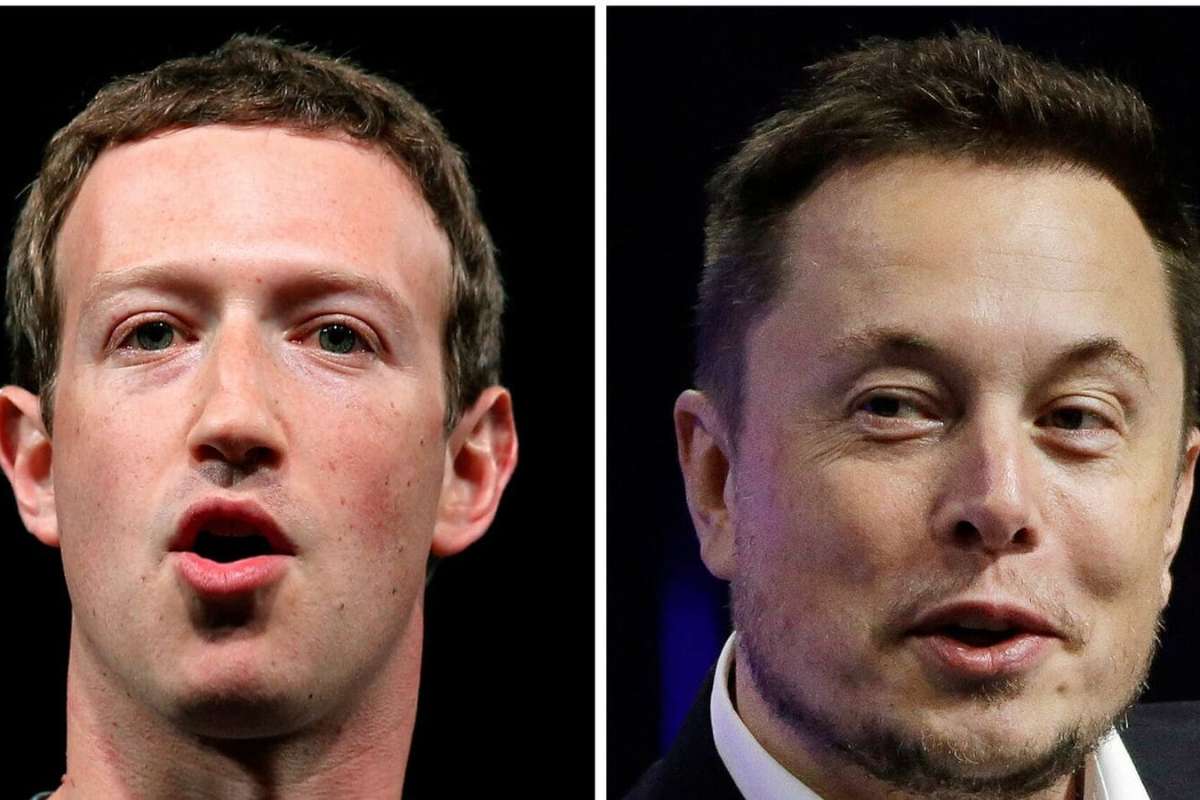Key points:
- Musk proposed a $97B OpenAI takeover and sought Zuckerberg’s support, which Meta declined.
- The move became part of Musk’s legal clash with OpenAI, with Meta denying involvement.
- The incident highlights intense rivalries in the race for AI dominance.
Elon Musk, founder of xAI and a long-time critic of OpenAI, reportedly reached out to Meta CEO Mark Zuckerberg earlier this year to explore a potential alliance in acquiring the ChatGPT maker. According to court filings, Musk approached in February 2025 while planning a $97 billion takeover bid for OpenAI.
The outreach surprised many in the tech world, given the history between the two billionaires, who have often clashed publicly over artificial intelligence and even entertained the idea of a physical cage fight. Despite Musk’s proposal, Zuckerberg and Meta did not sign any agreements or commit financially to the plan, leaving the attempt at partnership without progress.
OpenAI’s Legal Push and Meta’s Involvement
The revelation surfaced as part of Elon Musk’s ongoing legal battle with OpenAI, in which he accuses the company of abandoning its non-profit roots. OpenAI, in turn, has sought to probe Musk’s efforts to secure outside backing for the massive acquisition bid. As part of this process, OpenAI has subpoenaed Meta to produce documents or communications that could shed light on whether Mark Zuckerberg seriously considered Musk’s offer.
Meta has pushed back, arguing it played no role in the proposed deal and that OpenAI should instead seek information directly from Musk’s side or other potential investors. The court is now being asked to decide whether Meta must comply with the request, a move that could reveal more about the behind-the-scenes conversations between two of Silicon Valley’s most powerful rivals.
A Battle for AI Supremacy
The Musk-Zuckerberg episode reflects the escalating competition among tech leaders to dominate the next era of artificial intelligence. Musk’s xAI, founded in 2023, has positioned itself as a challenger to both OpenAI and Meta, with each company vying to attract top researchers and secure breakthroughs in advanced AI systems.
For Elon Musk, acquiring OpenAI would have consolidated enormous power in the AI sector, placing his company at the forefront of the global race. For Mark Zuckerberg, the opportunity—had it materialized—would have represented a striking, if unlikely, collaboration with a long-time rival. Instead, Meta continues to pour resources into its own AI initiatives, while OpenAI remains strongly backed by Microsoft.
The failed overture highlights how business rivalries and personal dynamics are shaping the high-stakes contest for AI leadership. As legal disputes continue and investment surges, the Musk-Zuckerberg standoff offers a rare glimpse into the intense maneuvering behind Silicon Valley’s battle for control of the most transformative technology of this generation.











